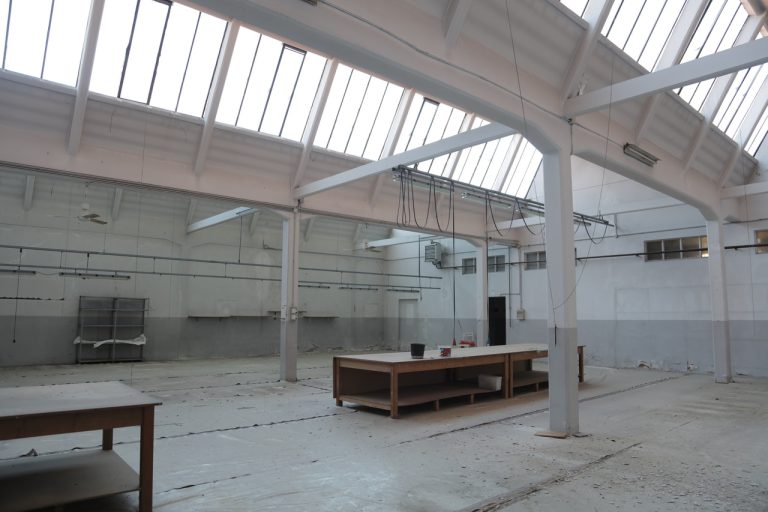There will be a need to repurpose and redesign buildings, as well as increase space as a result of the current global pandemic, according to a growing number of industry insights. The healthcare, pharmaceutical and food industries, being on the front line during the Covid-19 crisis, have already experienced an immediate upsurge in emergency construction for more space. Belfast City Hospital is a good example, where an entire tower block has been repurposed; and in other cases, requirements have included isolation rooms, clean manufacturing and storage. These ways of immediately tackling a crisis tend to lead to changes that impact forever; things simply do not go back to how they were. So, as the situation plays out, there is likely to be a need for greater space, enabling individual workers to distance themselves safely from colleagues and site visitors. In the food industry, for example, people often work shoulder-to-shoulder, and Klipspringer’s blog, ‘Just How? Social Distancing in Food Factories’ suggests a number of measures to improve safety, including strong ‘Keep your Distance’ signage which demonstrates the need to keep two metres apart, and “Additional entrances and exits…to spread out the people flow, with additional doors available and a turnstile entrance and exit system. This doesn’t just mean in and out of the factory, but from area-to-area.” Klipspringer also suggests factory zoning and physical segregation barriers, all of which could suggest that more space would be an important part of the solution in many factories. Kerry Foods ‘Insights’ blog ‘6 Lessons from China’s Recovering Food & Beverage Sector after Covid19’ says there will be more “Demand for visibility on product sourcing and safety,” and that the industry will be “more keenly aware of strict hygiene and food safety.” Foodnavigator.com says the same in its ‘Market Trends’, “Food safety has attracted significant concern from consumers, who want to know whether the coronavirus can be transmitted by imported food…”, which surely will create the need for food producers to take, and promote, measures to allay these fears. This is highly likely to include the ongoing need to keep individual workers distanced from each other, an area that has not up until now been a necessary consideration in most manufacturing environments. In the UK over the last few decades, as a nation we have gradually lost a lot of our ability to produce goods in an effort to keep reducing costs. Many reports suggest that there is likely to be a strategic move to rebuild domestic manufacturing in order to improve our self-sustainability, flexibility, and our ability to react to crises in the future. So, even though for some manufacturers, demand has ‘dropped off a cliff’, leaving them with the same operational costs without the sales in the short term, in the medium-to-long term it is likely that there will be a resurgence in the sector. Chris Griffin, Commercial Manager at Hemsec said, “Whilst automation is going to increasingly develop not all processes can be automated. Manufacturing still requires humans to be part of the process including being physically onsite to run, maintain and repair machines, as well for those processes that a person still needs to do. Commercial teams and contractors will still need to come onsite from time to time as well as. This means space management is going to become part of our business continuity planning, not just a nice to have. In all of those areas where businesses have critical functions where people need to be involved, including customers, the distances between those people will now need to be reconsidered to plan for a business being able to continue working safely through any similar public health crises in the future.” Increasingly, organisations may require business continuity facilities and, in some sectors, emergency health centre/isolation rooms, but more than that many manufacturers may need to expand their buildings to accommodate the increased distancing mentioned above. Our current factory was built using some of our products over 50 years ago, we have extended it over the years. The Hemsec composite panels, both steel and timber faced, are an excellent way to quickly create a dry, temperature stable extension on to a building with fewer civil engineering requirements. As a manufacturer ourselves, we understand the need to have high quality supply readily available, and we are committed to ensuring our customers get what they need. If you foresee a high level of demand, let’s start a conversation now, with a view to developing a supportive supply partnership to meet your needs when the time comes. Please email us at contact@hemsec.com or call +44 (0)151 426 7171













